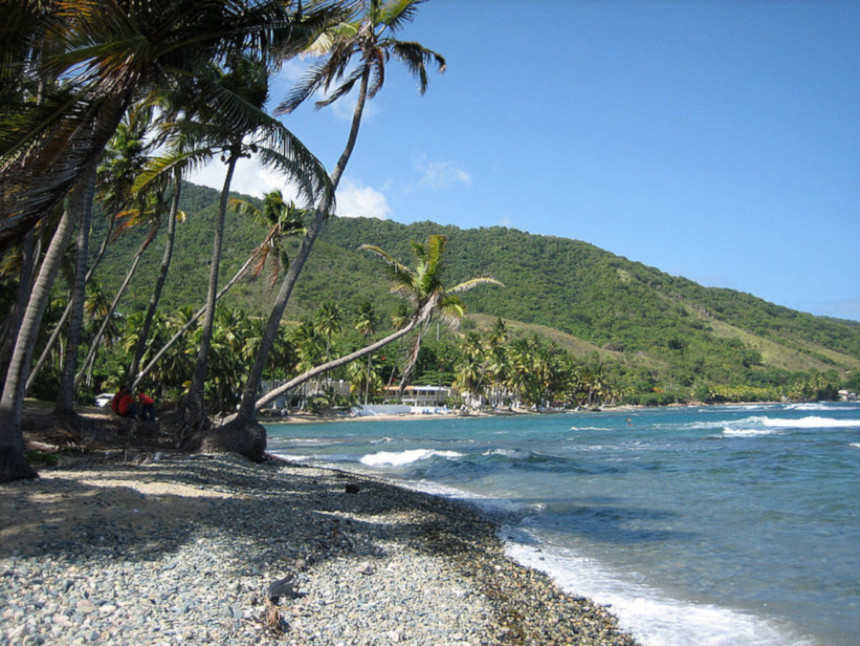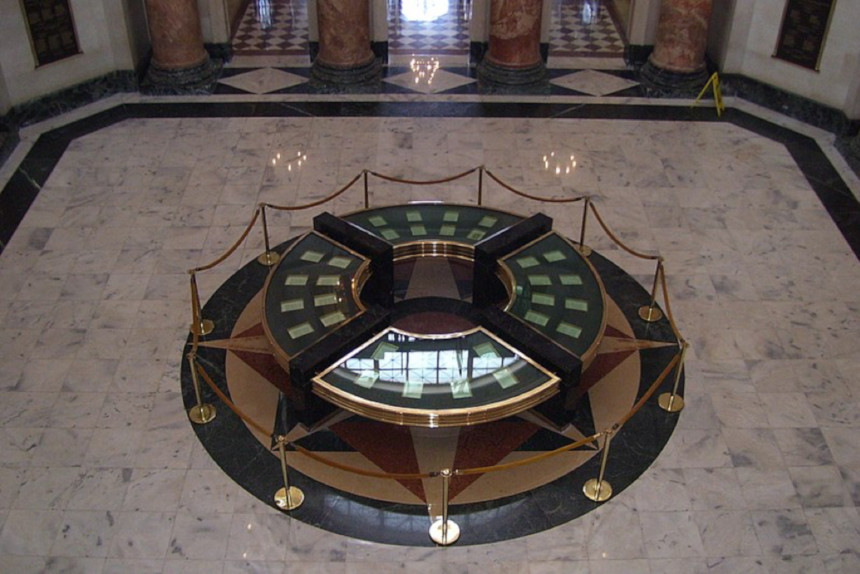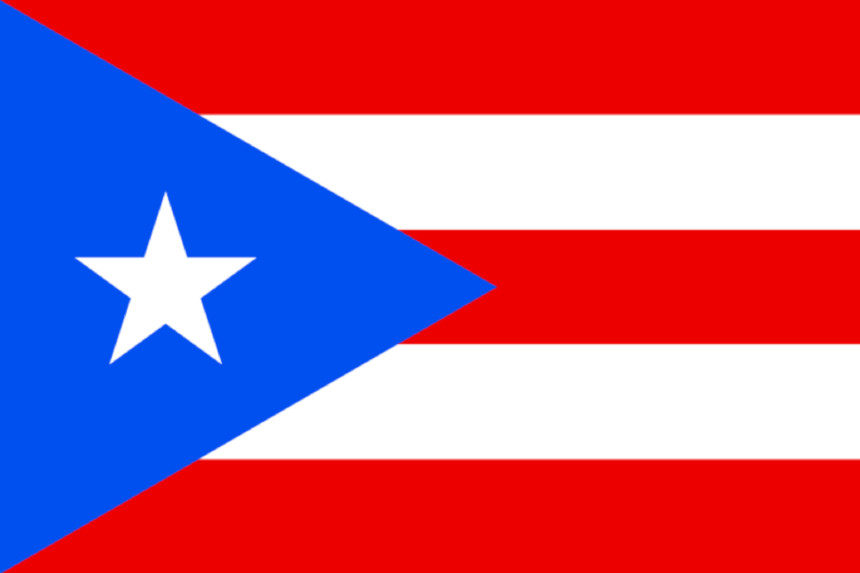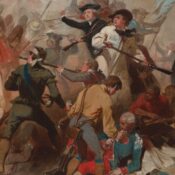It’s no secret that Puerto Rico has had its share of hardships in the past few years. Hurricane Maria left an indelible imprint, followed by a delayed relief response that revealed that many Americans don’t realize that Puerto Rico is part of our country. And last night, after weeks of public outcry and protests following a corruption investigation, governor Ricardo Rosselló announced his pending resignation. That forthcoming transfer of power is especially relevant today as the largest and closest U.S. territory celebrates its Constitution Day.
Puerto Rico isn’t just the largest U.S. territory; it’s bigger than the other 15 combined. Sitting 1,150 miles from the continental U.S., the Island of Enchantment became part of the United States in 1898 under the Treaty of Paris that ended the Spanish-American War. For years, Puerto Rico marked July 25th as Occupation Day, as it was on that day in 1898 that U.S. forces arrived. In 1952, when the new Constitution went into effect, the date underwent the official name change to Puerto Rico Constitution Day.
Puerto Rico’s official status as the Commonwealth of Puerto Rico stems from U.S. Congressional legislation enacted in 1950 to allow the island to hold a constitutional convention and draft their own document. The title of Commonwealth recognizes that Puerto Rico is a dependent territory, but “organized but unincorporated,” meaning that it has the functionality of a state but does not belong to any of the other states in the country.

The overall structure of the Puerto Rican Constitution is similar to the U.S. document, as it contains various Articles of organization and a Bill of Rights. While most of the enumerated rights echo the American original, such as freedom of speech, assembly, press, and religion, there are individual instances where the rights receive more definition. Notably, this includes direct language on discrimination in Section 1 of Article 2. It reads: “The dignity of the human being is inviolable. All men are equal before the law. No discrimination shall be made on account of race, color, sex, birth, social origin or condition, or political or religious ideas. Both the laws and the system of public education shall embody these principles of essential human equality.” One interesting omission is that the document lacks rights guaranteeing a trial by jury.

Education also receives strong support in the fifth section of Article 2. Notably, it establishes that school should be free and secular; it reads in part, “Every person has the right to an education which shall be directed to the full development of the human personality and to the strengthening of respect for human rights and fundamental freedoms. There shall be a system of free and wholly non-sectarian public education. Instruction in the elementary and secondary schools shall be free and shall be compulsory in the elementary schools to the extent permitted by the facilities of the state.”
The annual celebration of the Constitution includes a ceremony in Old San Juan and a reading of the Preamble to the Constitution. It’s been a rough year for the island. Last summer, CBS News covered the turmoil-laded process behind the re-establishment of the island’s damaged power grid. And just last night, the governor resigned after mass protests that came in the wake of investigators finding “five offenses that constituted grounds for impeachment.” His resignation is effective on August 2.
Writer Marco Lopez believes that Rosselló’s resignation represents hope. Lopez, who worked on Puerto Rico Strong: A Comics Anthology Supporting Puerto Rico Disaster Relief and Recovery, which won an Eisner Award (the comics Oscar) at Comic-Con International: San Diego last week, says, “It means a brighter future. A new beginning. A new perspective . . . Puerto Rico and its citizens have shown that they’re in charge of their path in life and the island’s future and know where to take it. That they won’t stand by and let anyone disrespect them.”
The identity of the next governor isn’t the only lingering question about Puerto Rico. Legislation currently making its way through Congress, , H.R. 1965: Puerto Rico Admission Act, would make Puerto Rico a state if successful; 97 percent of voters (23% of the 3.3 million citizens cast ballots) there voted in favor of statehood in a referendum in 2017. Over 120 years after the United States arrived in Puerto Rico, it remains possible that Puerto Rico could finally arrive in the States.
Featured image: Wikimedia Commons
Become a Saturday Evening Post member and enjoy unlimited access. Subscribe now



